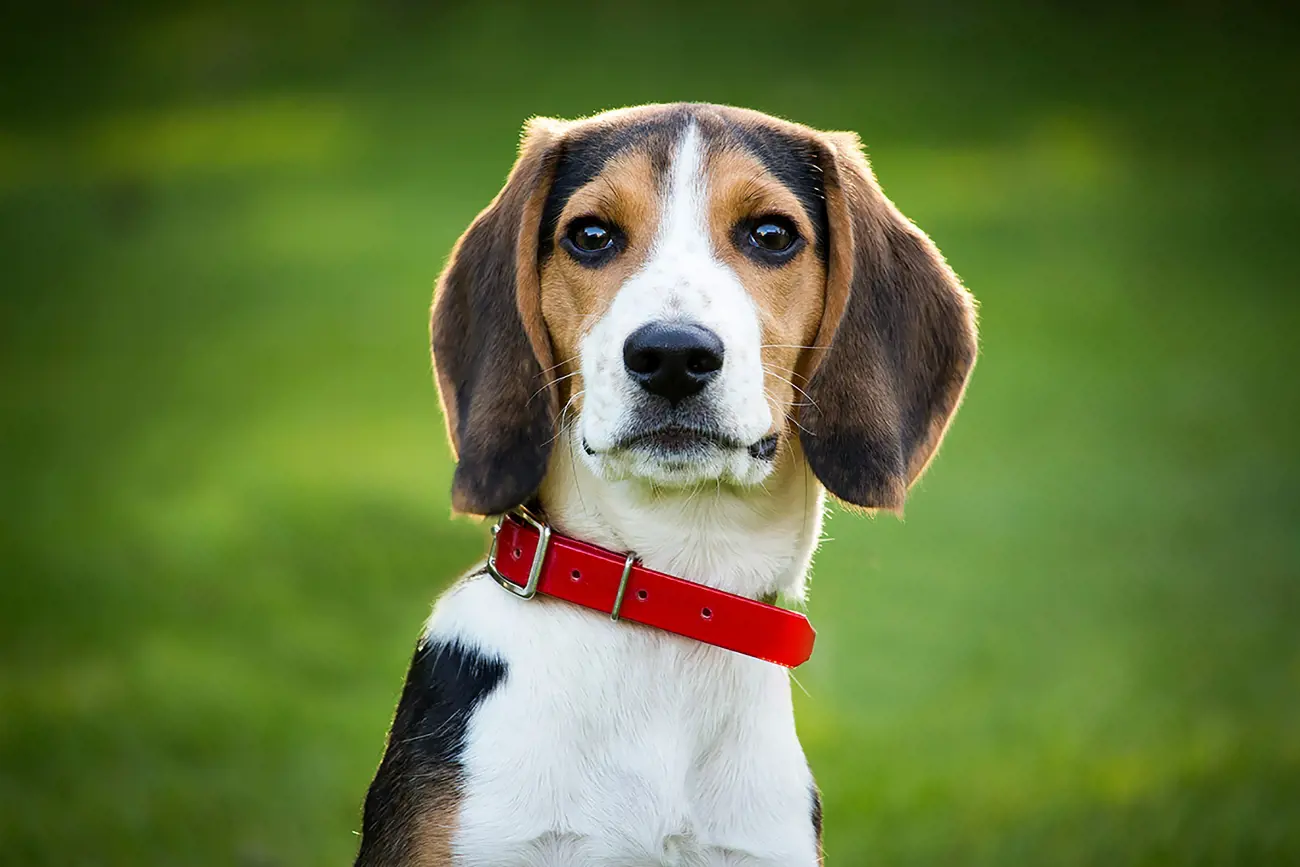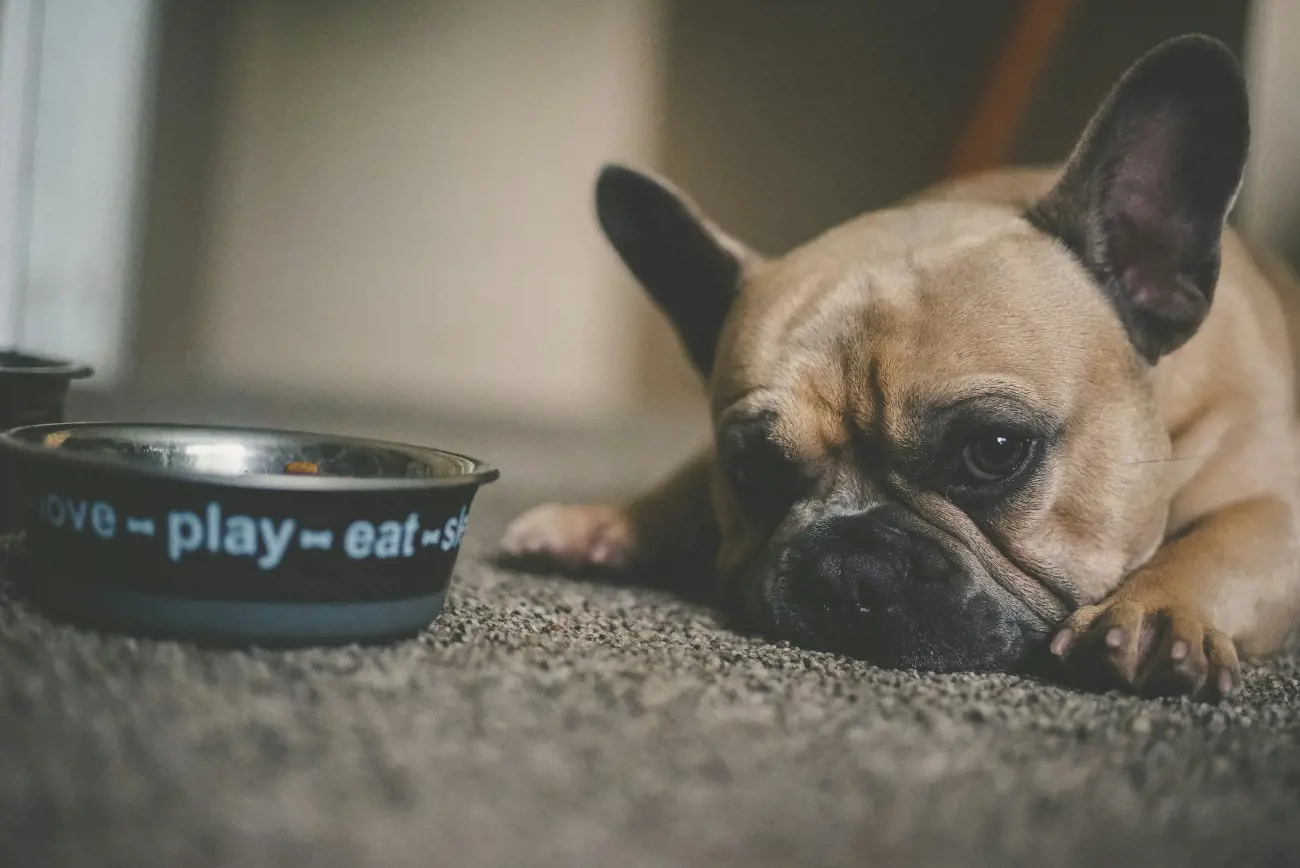Do dogs and cats go through the menopause?
19th August, 2020

They say that humans and their pets often come to resemble each other. And there’s no doubt that because of our close bonds similarities can indeed develop over time. However, when it comes to biology, there really are many key differences.
The reproductive cycle for instance is very different between humans and our canine and feline friends.
Because we are physically so different, it’s important to acknowledge that what is normal for us may be a sign of something more serious in them.
At Purely Pets our insurance for pets recognises the very different needs your dog or cat might have when it comes to their care.
An important area to keep an eye on is your pets’ reproductive cycle, particularly as they age. A question that is often raised is whether female dogs and cats experience menopause as they get older. Let’s find out.
What is menopause?
Menopause occurs in a woman when she stops menstruating and is no longer able to get pregnant naturally.
It’s a natural part of aging in humans and usually occurs between 45 and 55 years of age.
At this time a woman’s ovaries tend to stop producing as much of the female sex hormone oestrogen and no longer release an egg each month.

Dog and cat heat cycles
Unlike humans, dogs and cats don’t menstruate and are only receptive to mating when actively ‘in heat’.
While dogs and cats go through a reproductive cycle like humans the timings and signs are different and will continue throughout the animals’ lives.
For female dogs the cycle will be repeated about every seven months, whereas a female cat’s cycle could occur every two to three weeks until she is spayed or becomes pregnant. You may be interested in learning more about the tell-tale signs of your cat being pregnant and we have covered this exact topic elsewhere on our blog.
Do dogs and cats experience menopause?
The short answer is no.
Dog and cat reproductive cycles are different from humans and they can continue to go into heat and get pregnant for the rest of their lives.
Despite this fact you might notice that as your pet gets older, the cycle might occur less often.
What to look out for
While your older pet may have less cycles, if they stop altogether then consult your vet.
It can be a sign of a more serious underlying health problem like ovarian cysts or even closed Pyometra.
Pyometra is a serious bacterial infection in the uterus in which the uterus fills with pus – this can become life-threatening very quickly.
An older dog or cat that becomes pregnant is also at greater risk from pregnancy complications, puppy deaths and difficulties during birth. So, many owners have their older pets spayed to stop this from happening. Protect your pet with our pet insurance to get that extra peace of mind.
As well as the risk of pregnancy or pyometra your unspayed pet is also more vulnerable to mammary cancer, uterine cancer and ovarian cancer.
If your pet is bleeding it might also be worth checking for urinary tract infections, bladder stones, bladder cancer, tumours or other reasons. Always contact your vet if you notice anything unusual.

Top tips for caring for an older dog or cat
There are many things you can do for your older pet to make their later life more comfortable.
-
Supplements – senior dogs and cats can benefit from some vitamins and minerals to supplement their healthy and balanced diet. It’s common for older animals to suffer from nutritional deficiencies so make sure you act early. Pet insurance through Purely Pets may cover complementary treatments and special diets for your faithful friend.
-
Keep males away – preventing pregnancy is important in older pets so keep intact males away from her during her cycle. Be aware, never underestimate the determination of your pet, or someone else’s, to reproduce. A high fence might not be enough!
-
Frequent vet checks – a visit to the vet every six months is a good way of keeping on top of any health and wellbeing issues that may develop in your senior dog or cat.
-
Pay attention to little changes – even a subtle change in behaviour can indicate an underlying issue that might need addressing. If you notice anything worrying then be sure to speak to a professional about your concerns. Don’t forget that if you’ve a pet insurance policy arranged through Purely Pets, you’ll have access to a 24-Hour Vet Helpline which can answer many of your questions as they arise.
-
Exercise both body and brain – while your pet might not be as sprightly as they used to be, they still need physical exercise as well as mental enrichment. Build it into their daily routine to keep them feeling sharp well into old age.
-
Adapt to changing needs – if your cat can’t quite manage the leap onto the counter for its food or your dog finds it difficult to climb the stairs, then think about ways you could make their life easier. They rely on you for everything and sometimes have few ways of asking for help. You don’t want them suffering in silence.
-
Spaying – as mentioned already many owners spay their older pets if this hadn’t been done when they were younger. Spaying involves the removal of the animal’s ovaries and/or uterus and is permanent and irreversible. For further information, read our blog on whether pet insurance covers spaying.
While your dog or cat won’t suffer from menopause, they’ll still need your love and care throughout this time to make sure they live a happy and healthy life to a ripe old age.
How Purely Pets can help
Guarding against unexpected costs such as vet bills is an important reason to obtain insurance cover.
Finding cash in an emergency can be hard and if your precious pet develops a health problem, you’ll be thankful the insurance was there to help cover the costs.
Whether you’ve a dog or cat, or both, make sure they have the protection they need by taking out a policy through us. If you are stuck between choosing between a female or male cat, read our recent blog on this to make your decision more easier. Our specialist team is here to make this simple and transparent.
If you choose Purely Pets, you’ll benefit from:
-
Online claims
-
Knowledgeable team ready to help
-
Excess starting from as little as £60
-
15 levels of lifetime cover up to £15,000
-
Online policy management
Get a quick insurance quote for your pet from Purely Pets today.
Helpful Pages
Recent Posts

Why do Great Danes bury their heads?
12/03/25
Find out more about Beagles
28/02/25
How much chocolate can a dog eat?
28/02/25Pet Insurance Quote
- 98% claims paid *
- Claims paid directly to vets
- 24/7 vet video consultations
- Interest free monthly payments

